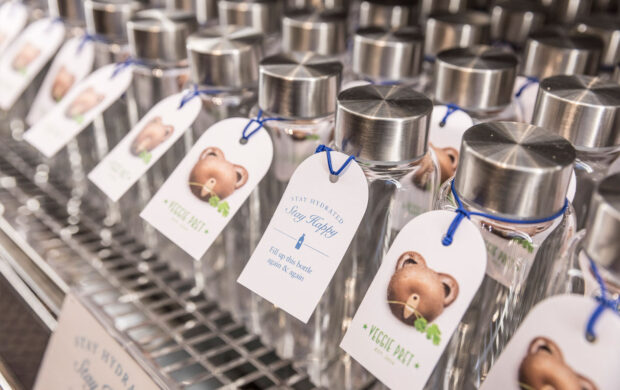The challenge
Our economy consumes finite natural resources faster than they regenerate. Our current patterns of consumption are deeply inequitable, leaving many without their basic needs met, and overconsumption threatens our health and produces mountains and islands of waste. Solving these problems would amount to an estimated $4.5 trillion USD in value across the sharing economy, circular economy, and dematerialisation. With this in mind, how can businesses help?
The inquiry
Together, Capgemini and Forum for the Future are addressing three questions we believe will help accelerate new ways of consuming and living which are actionable, aspirational, and affordable. This includes:
- How can businesses succeed through social justice and environmental regeneration?
- What is the role of consumption in meeting businesses’ environmental and social goals?
- Why haven’t innovative business models been mainstreamed?
How to get involved
We’d love to hear your views on the above questions. Let us know: what have you seen in your work? What are the barriers and enablers to transforming consumption in your business and/or sector?
Join the discussion in the box below or reach out via email with any reflections, questions, or examples you would like to share.
About the Unlocking Systemic Innovation series
This inquiry is the second in a four-part series that Capgemini and Forum are exploring throughout 2023 – aiming to find opportunities for collective action and progress on some of the biggest sustainability challenges, including:
- Traceability and Transparency
- Transforming Consumption
- Sustainable Procurement
- Adaptation for Resilient Supply Chains
We are gathering reflections on these topics through the Futures Centre and Forum’s social media channels at regular intervals during the year. We’ll also hold conversations with organisations grappling with these challenges, including trailblazers demonstrating the art of the possible and the ESG co-benefits available in tackling these issues. The insights from each event will be shared in a Futures Centre blog at the close of each inquiry.
Get in touch
- To learn more about the series and/or Forum for the Future’s work helping businesses lead and innovate to shift to radically more sustainable ways of consuming and living that are actionable, affordable and aspirational, please contact Jordan McKay, Forum’s Principal Sustainability Strategist at j.mckay@forumforthefuture.org or get in touch via Linkedin
- Click here to learn more and get involved with how Forum for the Future is Transforming Consumption
- To learn more about Capgemini’s solutions for designing and scaling new models of consumption please contact Laura Gherasim, Director of Sustainable Futures UK at laura.gherasim@capgemini.com or get in touch via LinkedIn
- To learn more, you can read Capgemini’s latest report around Circular Economy, here.










Join discussion